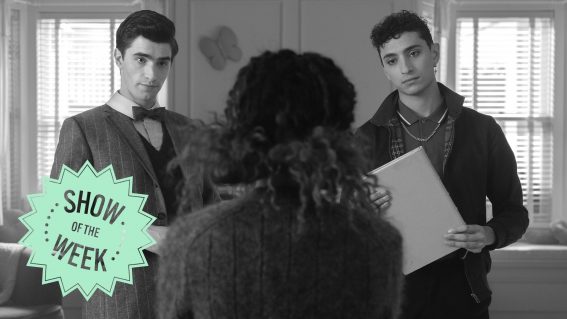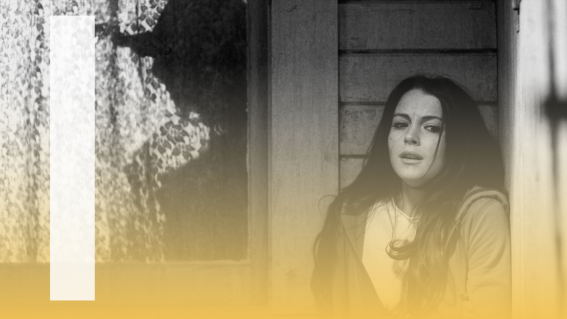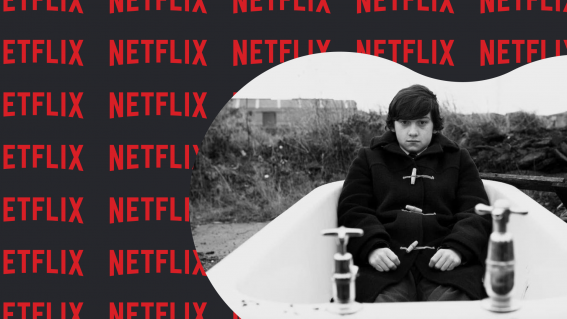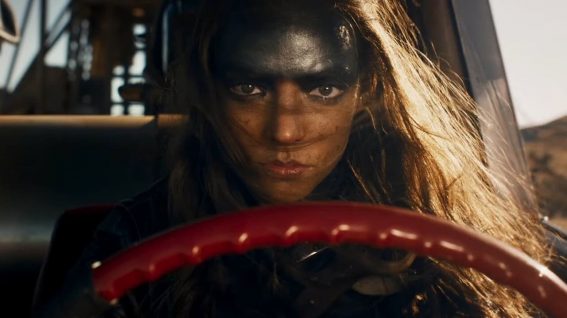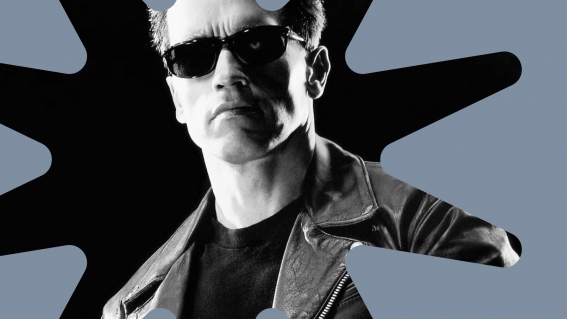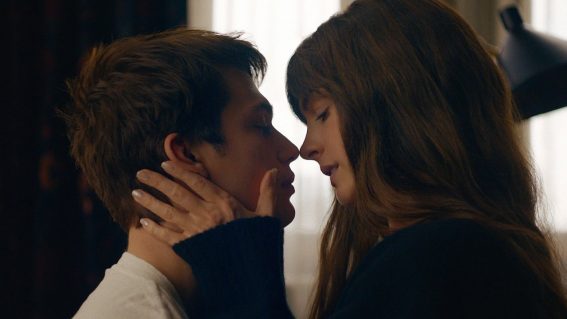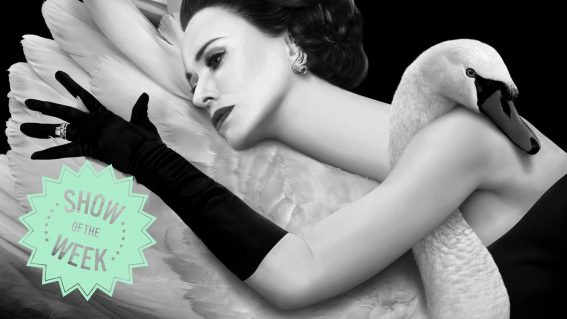Netflix’s crowning achievement is coming back – and we’re royally excited
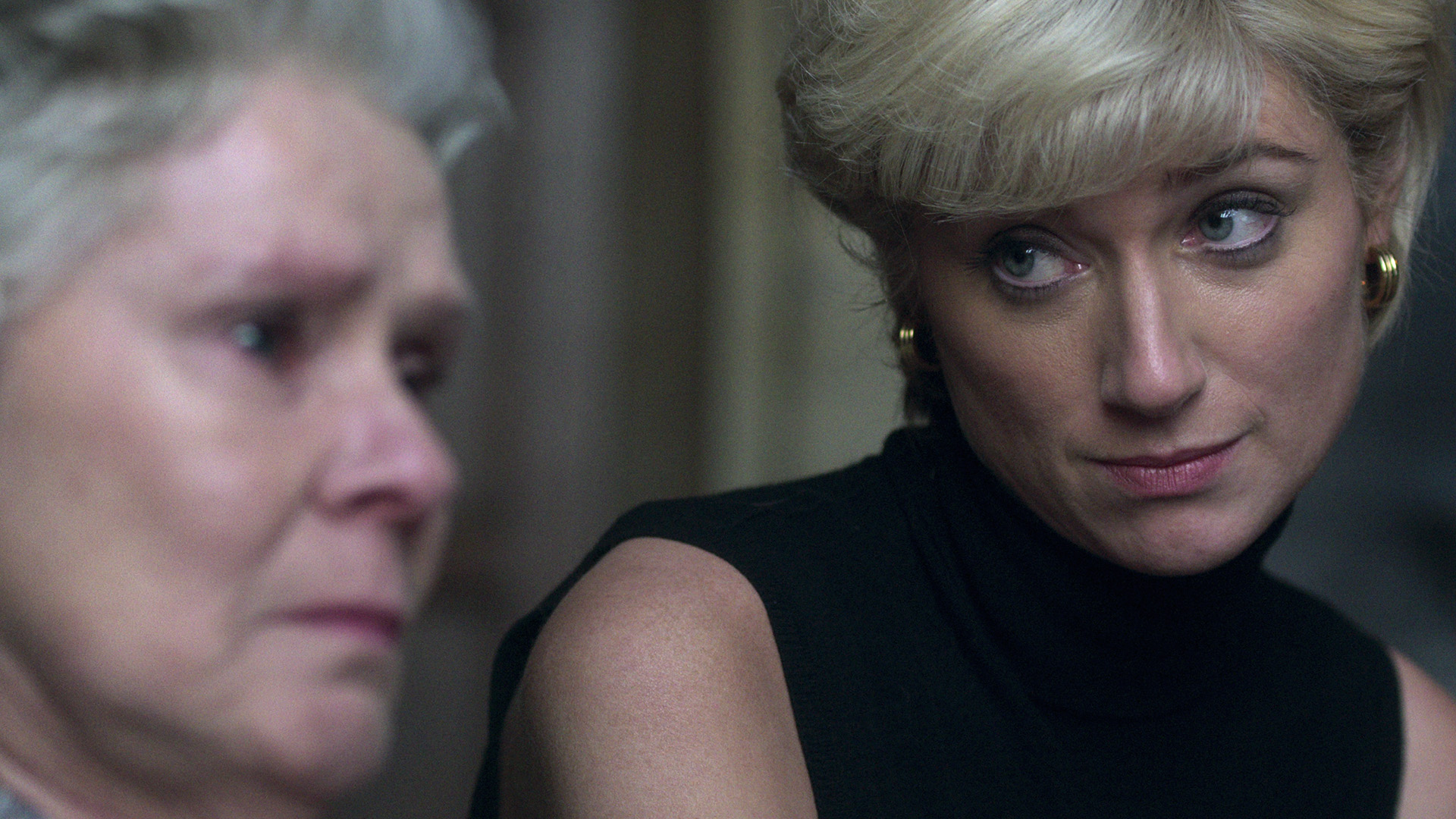
Netflix’s runaway hit UK historic soap opera drama The Crown is coming back for its sixth and final season. Adam Fresco is among the show’s loyal subjects.
Given the hype and excitement surrounding both the series and the royal family who inspired it, the late Queen Elizabeth’s words on family read today like the understatement of all understatements when she said:
“Like all the best families, we have our share of eccentricities, of impetuous and wayward youngsters and of family disagreements.”
Now, after five hit seasons, The Crown is finally giving up its TV throne with the upcoming sixth season set to air on Netflix. The sixty-hour television drama concludes with a final season presented in two chapters. First, the events of 1997 to 2005, with the focus firmly on the tragedy of Princess Diana. Then the second part, following the fallout and subsequent events as the shockwaves of Diana’s death reverberate throughout the monarchy. This second section will shine the spotlight on Queen Elizabeth II, the events leading to the wedding of Charles and Camilla, and on Charles and Diana’s children, Princes William and Harry, veering from victims to villains, tabloid darlings to right royal spectacles, in a soap opera so melodramatic it can only be ripped from real life.
History and histrionics, drama and intrigue, romance and tragedy, public relations nightmares and tabloid tattle, The Crown might be about the British royals, but beneath the pomp and circumstance, the billions and baubles, carriages and castles, mansions, and mountains of cash, it’s basically a story about family. And as such, I can’t help but remember that line by the late, great US comedian, George Carlin:
“The other night I ate at a real nice family restaurant. Every table had an argument going.”
Love them, or loathe them (and often both, simultaneously), nothing outside of a traffic accident is more fascinating to strangers than watching a wealthy and powerful family implode. That’s the awful yet highly addictive secret sauce to stories throughout history, from the myths of Greek gods, to true tales of ancient Roman royalty and violent rivalry. From the fictitious kids of Succession fighting over their media mogul father’s media empire, to the fantasy families fighting over a chair made of melted swords in Game of Thrones, or over the thousands of acres of the Yellowstone ranch. Watching the rich and privileged plot and squabble has been the stuff of melodrama from Homer (the Greek poet, as well as The Simpsons‘ dad), to Shakespeare’s King Lear, the soap-opera shenanigans of Dallas, or the science fiction spectacle of Dune.
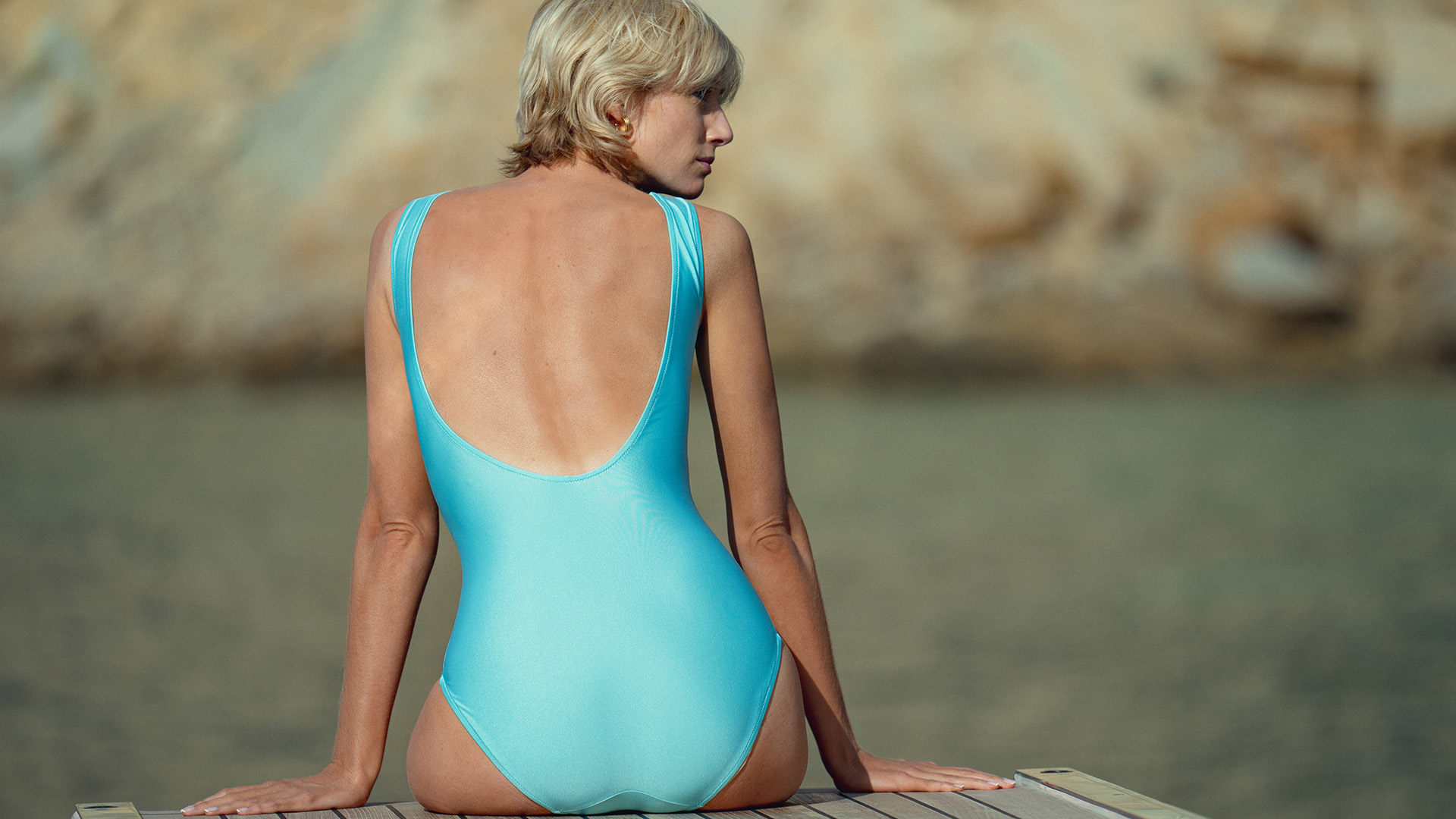
Created by Peter Morgan, The Crown’s showrunner across its six seasons, the series works so well because it’s a real-life drama that just so happens to centre on a fabulously wealthy family who live in a palace—about as far removed from the rest of us mere mortals as the tech billionaires set to sidestep environmental catastrophe by settling on Mars. There’s something incredibly satisfying about being a voyeur, our noses pressed to the bullet-proof windows of Buckingham Palace’s most private places, as we listen in on pillow talk and behind-the-scenes banter, excusing the writers’ poetic license as they construct scenes based on reality, all under the auspices of that classic television drama Get Out of Jail Free card:
“Whilst this story is based on actual events, in certain cases incidents, characters and timelines have been altered for dramatic purposes…”
As the show’s creator, Morgan may now be one of television drama’s biggest names, but his origins were in ripped from real-life UK historical, royal, and political dramas. One of his first big splashes was The Other Boleyn Girl, pitting Natalie Portman’s Anne Boleyn against Scarlett Johansson as her sister, Mary. Morgan also scored a powerful one-two punch with contemporary dramas The Deal and The Queen, both of which starred Michael Sheen as British Prime Minister Tony Blair. Helen Mirren earned an Oscar in the latter for her portrayal of the titular Queen, Elizabeth II, being advised by Blair on how best to deal with the royal family’s declining public relations in the aftermath of Princess Diana’s death.
A fantastical fusion of historical fact and royal family fanfiction, perhaps the cleverest conceit of The Crown has been the recasting of real characters with each passing season. With each series spanning a different decade, the ever-evolving casting has allowed characters to change with age. No distracting prosthetics, make-up, or CGI de-aging here. Instead we get a revolving door of top-notch talent playing the parts.
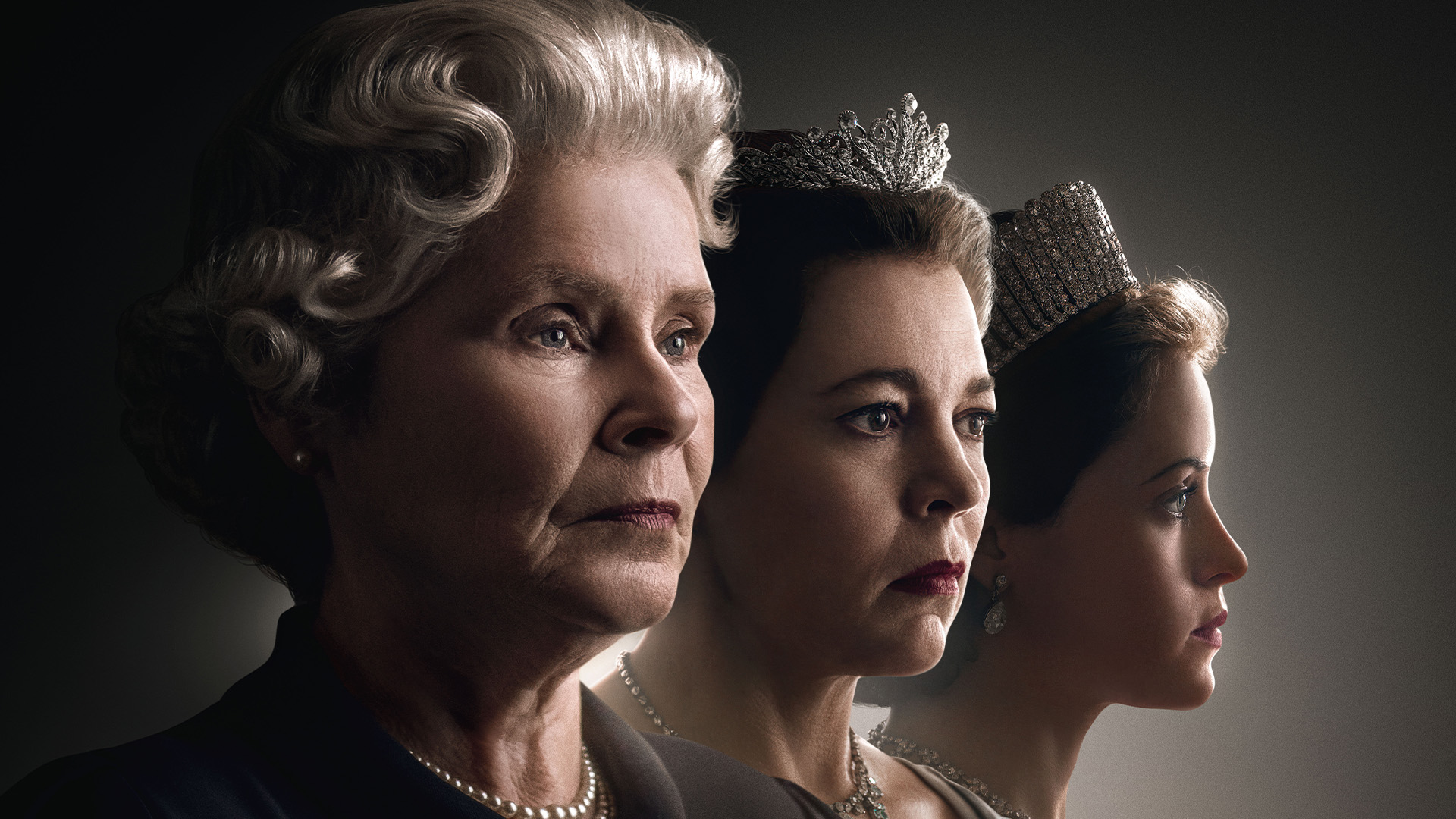
The first season started with a young Elizabeth II, played by Claire Foy (who pops back in flashbacks during season five), but as she ages, The Queen is portrayed by Olivia Colman come season three and Imelda Staunton in season five. The same goes for Prince Philip, who is first seen brought to life by former Doctor Who Matt Smith, before regenerating in the form of actors Tobias Menzies, and later Jonathan Pryce. Similarly, Princess Margaret is first seen as Mission: Impossible star Vanessa Kirby, then ages as Helena Bonham Carter. It’s a casting quirk that works, injecting a new energy into each season, underlining the ways in which people change as the years rip by, altering as they act and react to the slings and arrows, hurdles, scandals, and horse manure the relentlessly spinning fan of time flings their way.
The multicasting adds depth, and the sheer talent on display in supporting roles throughout the five seasons of The Crown so far reads like a veritable Who’s Who of acting royalty. From season one’s casting of acting heavyweights Jared Harris as King George VI and a remarkable portrayal of Prime Minister Winston Churchill by US actor John Lithgow, to the delights of a fourth season starring Charles Dance as Lord Mountbatten and X-Files alum Gillian Anderson as Prime Minister Margaret Thatcher. Season five was no exception, introducing Elizabeth Debicki as Princess Diana, Dominic West as Prince Charles, Olivia Williams as Camilla Parker Bowles, Lesley Manville as Princess Margaret and Jonny Lee Miller as the delightfully bland Prime Minister John Major.
What’s most remarkable about The Crown though, is that it’s not just for royalists. In the same way you didn’t have to approve of oil tycoons or support media moguls to feel the thrill of other dynastic dramas, this royal saga is perfect for anyone who loves storylines full of sibling rivalry, power politics, and sordid skullduggery. No wonder the show has attracted massive viewership, and won Netflix its first ever Emmy for Outstanding Drama Series.
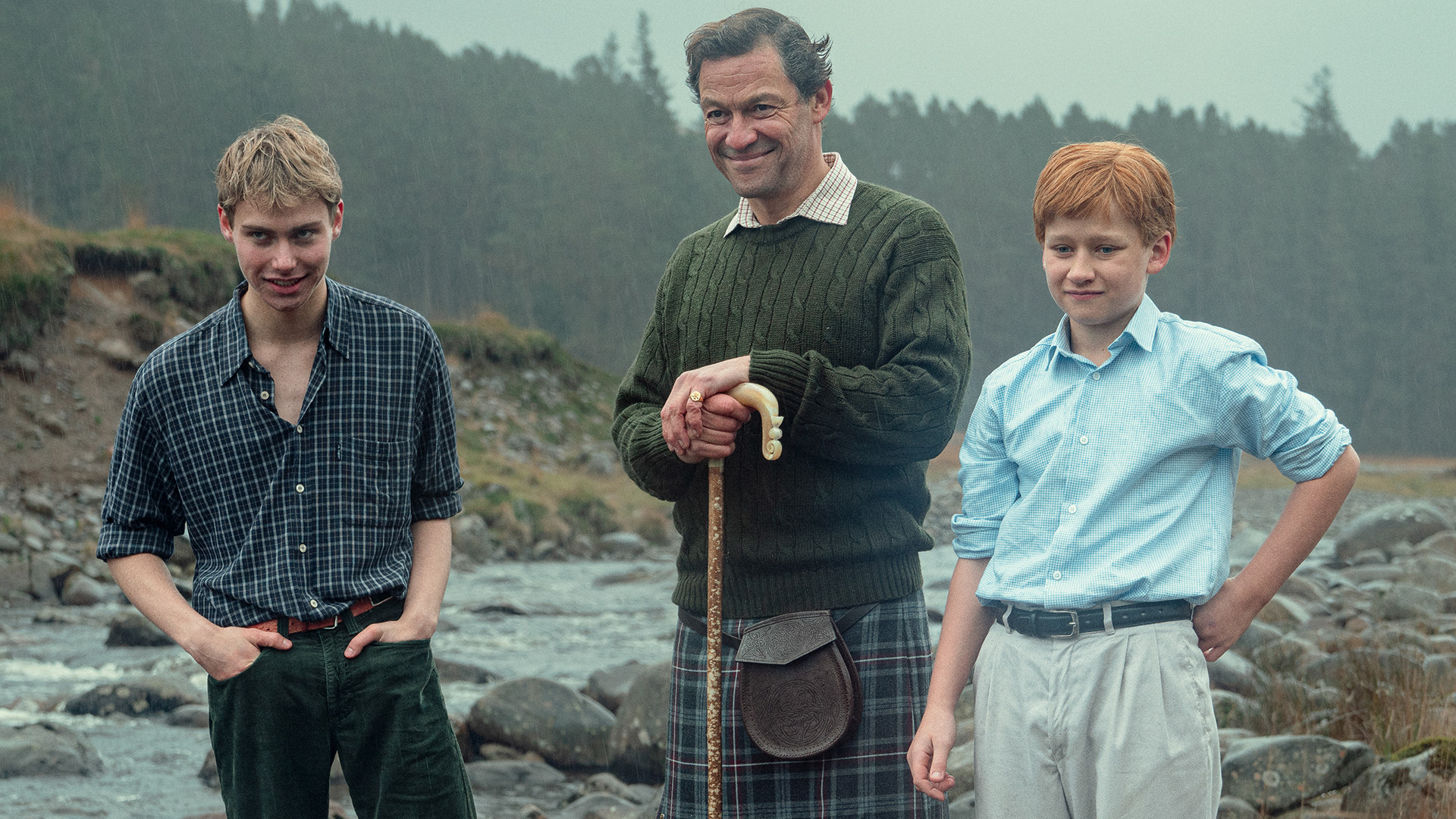
After five solid, dramatic, and highly bingeworthy seasons, I’m not alone in my excitement for the sixth and final season. Once more, new actors will join the cast, including Rufus Kampa and Ed McVey, sharing the role of Prince William as he ages, and Fflyn Edwards and Luther Ford, as Prince Harry. The final season promises to follow Princess Diana’s children from boys to young men, as they come to terms with the very public loss of their mother, and the remarriage of their father, in a media circus that’s still reverberating to this day.
The show’s creator has already said this last season won’t touch on the controversy of Prince Andrew’s friendship with late, disgraced US financier Jeffrey Epstein, nor enter the very public fray that has arisen between Prince William’s wife Kate Middleton and Prince Harry’s bride Meghan Markle. But casting calls suggest both Kate and Meghan might appear in earlier, pre-marital incarnations, and we can at least rest assured that there’s plenty of potboiling material for future stories, sequels, and spinoffs.
Five seasons in, and The Crown remains thoroughly entertaining, highly addictive, soap operatic historical drama of the highest pedigree. Yes, it’s melodramatic. It’s sordid, but sweet too. The excellent cast combine with polished writing to bring depth to characters we only think we know, and as to how much is true, how much is dramatic licence, and how very, very much has been left out—well, that’s for historians, or you and your mates, to debate.
But then what is drama if not life with all the boring bits removed? What is soap opera without emotional extremes of love versus hate, wild romance pitted against bloody revenge, all wrapped up in a tale of fabulous fortune and fame, coincidence, calamity, and life and death decisions? What is historical drama without characters and plotlines so outlandish they could only be inspired by true life?
And that’s where The Crown truly sits, at the intersection between fact and fiction, reality and rumour, tragedy and tiaras, fame and infamy, cautionary tale, and tragic history. So, pop open a bottle of bubbly, settle the corgis, take off your tiara, and pull up a golden throne, and get ready for the final season of one of the finest family dramas on television. Because the ace up The Crown’s gold-embroidered sleeve? Surprising, unlikely, and wild as the plot-twists may seem, you really couldn’t make most of this stuff up.



